Fresh from the Windowsill: 6 Easy Herbs You Can Grow Indoors!
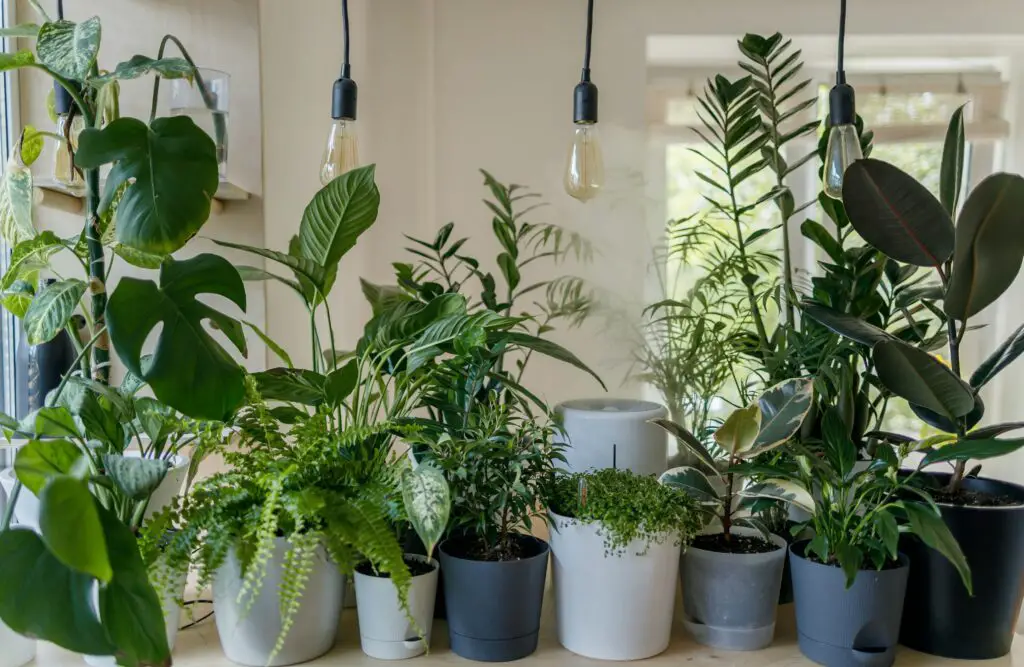
Indoor herb gardening is a simple way to keep your kitchen fresh and full of flavor. Herbs don’t need much space, and many grow well right on your windowsill. Fresh herbs not only taste better, but they also add a touch of green to your home. Growing your own saves money and cuts waste. Many home cooks love having fresh herbs within reach, ready to snip for a meal. With the right picks, you can start growing today and enjoy the rich scents and flavors of your own small garden.
Basil
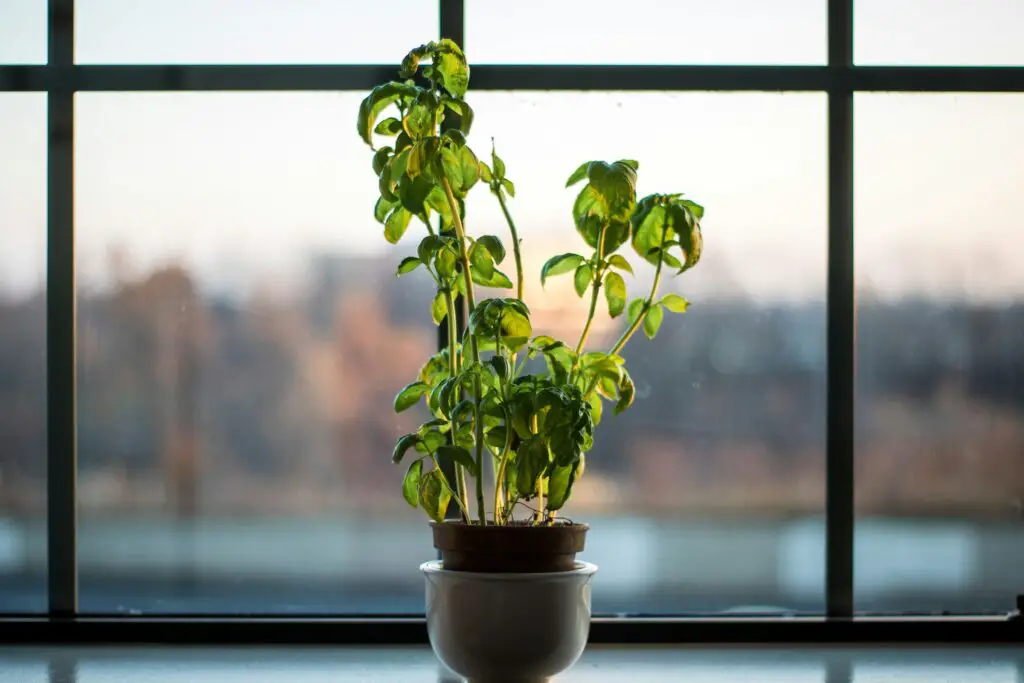
Basil is one of the most popular herbs to grow indoors. It grows fast and loves sunlight, making it perfect for a sunny windowsill. People love basil because it tastes great in pasta, salads, and homemade pesto. The plant’s sweet smell is a nice bonus that can brighten any kitchen. It needs water often but doesn’t like soggy roots, so good drainage is a must. Basil’s popularity comes from its rich flavor, simple care, and the fact that it adds a burst of green life wherever it grows.
Mint
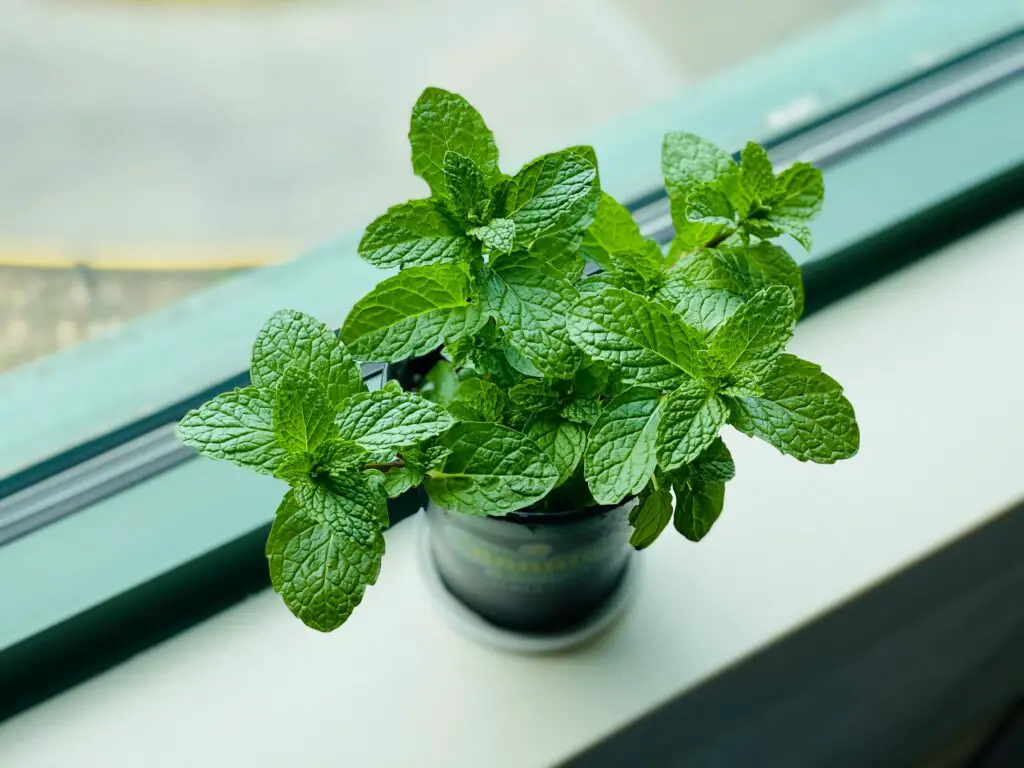
Mint is a strong grower that does well indoors and adds a fresh kick to drinks and dishes. It is perfect for small pots but needs space to grow, as it spreads fast. Many people love mint because it’s great in teas, desserts, or even just to smell after a long day. This herb grows well with some light and regular watering, but it can survive a missed watering now and then. Its popularity comes from how easy it is to grow and how useful it is in both food and drinks. If you want a herb that earns its keep, mint is a top choice.
Parsley
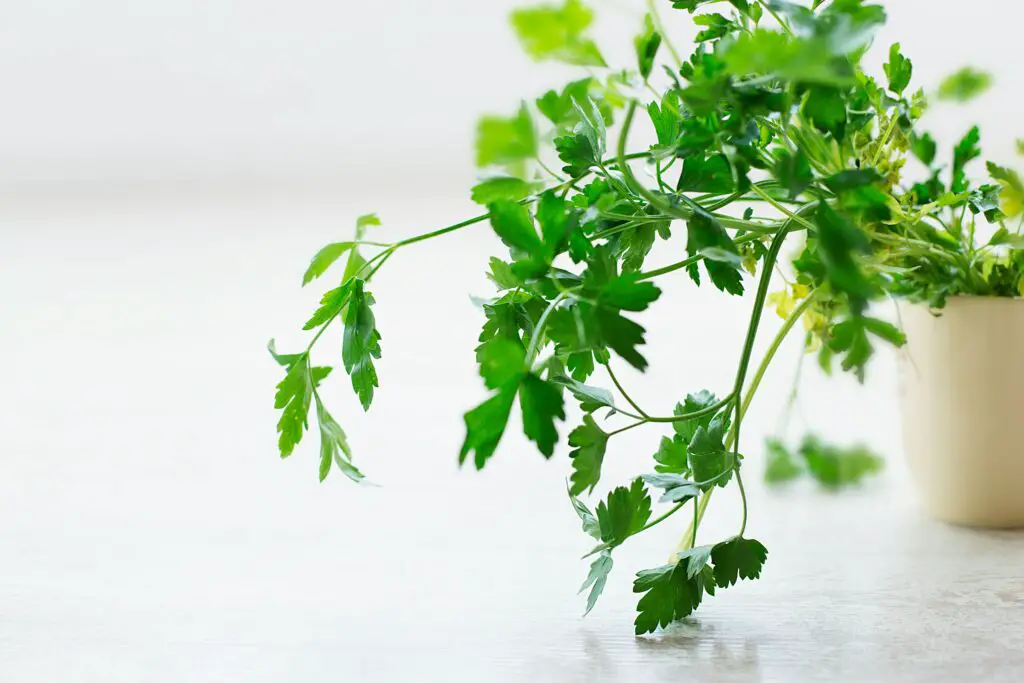
Parsley is a classic herb that brings color and taste to many meals. It grows well in a pot and needs just a few hours of sun each day. People love using it fresh in soups, stews, and sauces or as a garnish. Flat-leaf parsley is often chosen for its stronger taste, but curly parsley looks nice and works well too. Regular trimming helps parsley grow thick and full, making it a perfect pick for windowsill gardening. Its wide use in cooking and ease of care keeps parsley popular in home kitchens around the world.
Chives
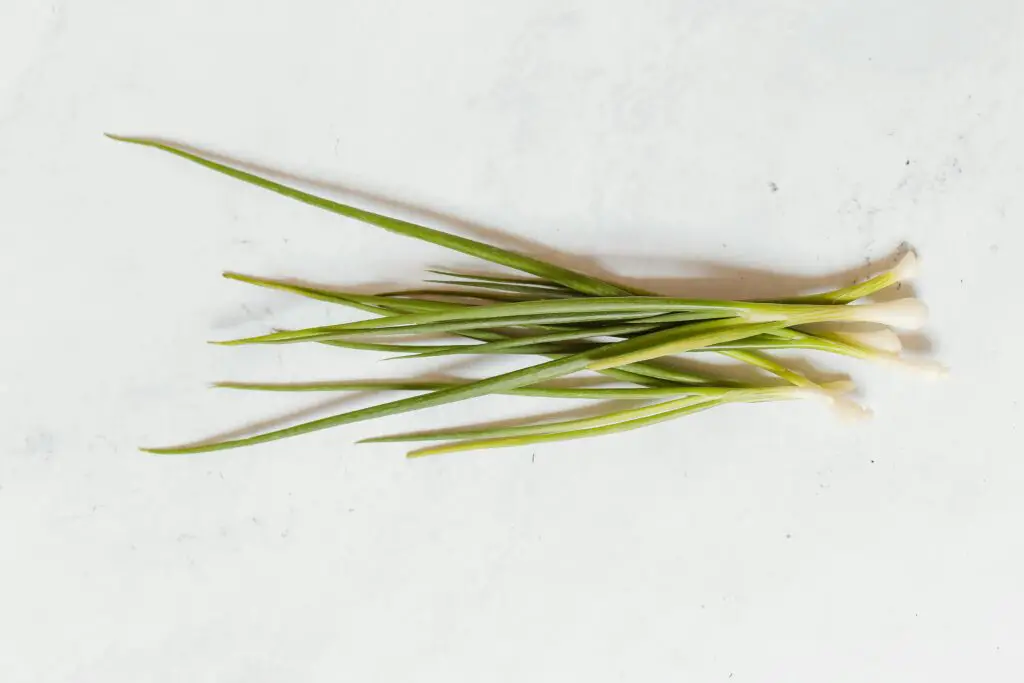
Chives are simple to grow and don’t need much space, making them great for indoor herb gardens. They have a mild onion flavor that adds a fresh bite to eggs, soups, and baked potatoes. Chives grow best with plenty of light and regular watering, but they are tough enough to handle minor neglect. People love chives because they come back after cutting, giving a steady supply for months. The purple flowers they grow are also edible, adding beauty and taste. Their ease of care and wide use in cooking make chives a favorite for beginners.
Thyme
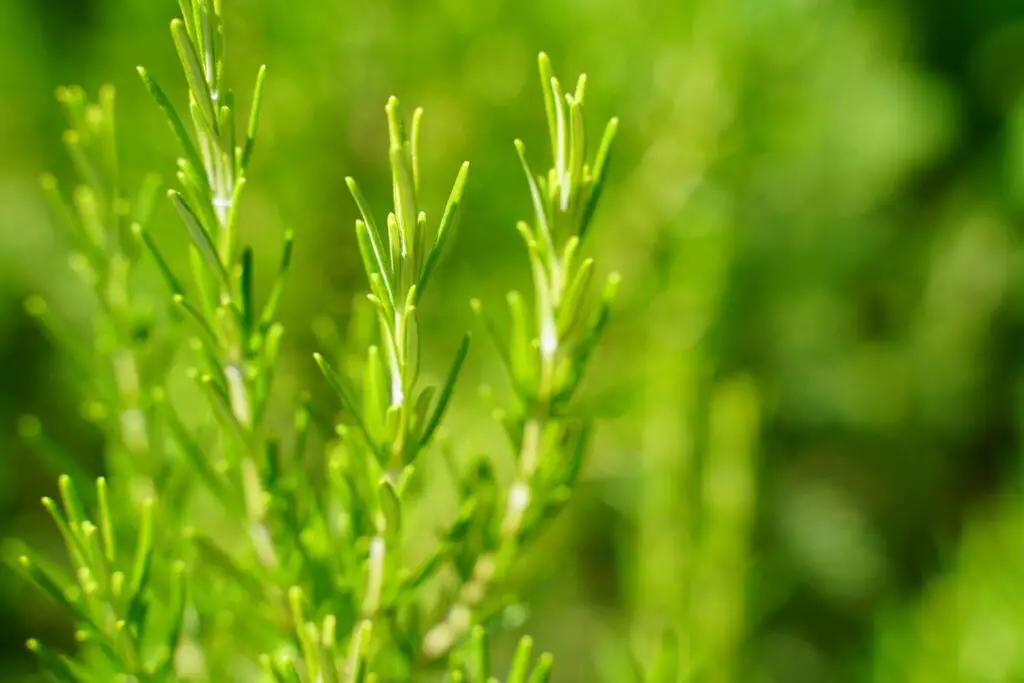
Thyme is a woody herb that gives meals a rich, earthy taste. It grows slowly but is very hardy, so it’s good for those new to indoor gardening. Thyme likes lots of sunlight and dry soil, making it low-maintenance once established. It is perfect for stews, soups, and roasted meats, adding depth to simple meals. People enjoy thyme not just for the taste but also because it stays fresh longer than soft herbs like basil. Its lasting flavor and ease of care keep thyme popular in kitchens everywhere.
Oregano

Oregano is a Mediterranean herb that does well indoors and adds a bold taste to many dishes. It likes sunlight and well-drained soil, needing water only when the soil feels dry. Oregano’s strong flavor makes it a star in pizza, pasta, and grilled meat recipes. Many home gardeners grow oregano for its long-lasting leaves and low care needs. It also dries well, so you can keep the flavor going even in colder months. Oregano’s popularity comes from its strong taste, simple growing needs, and wide use in cooking.
Conclusion
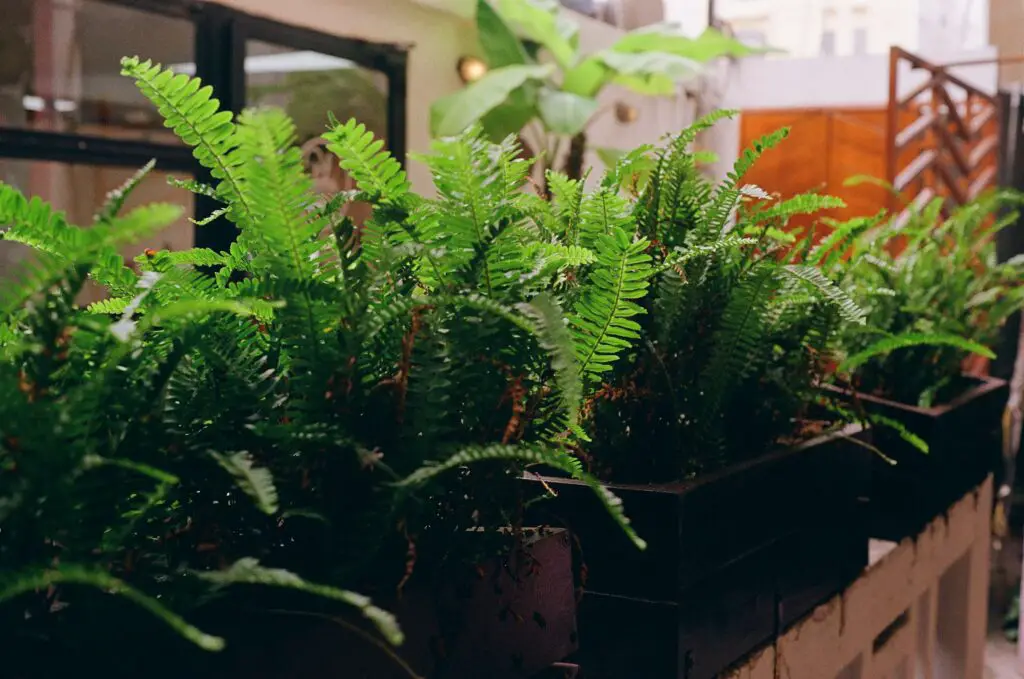
Growing herbs indoors is a simple way to keep your cooking fresh and your home a little greener. Herbs like basil, mint, parsley, chives, thyme, and oregano are perfect for small spaces and easy to care for. They don’t need fancy tools or a green thumb, just light, water, and a little love. With these herbs on your windowsill, you’ll always have fresh flavors within reach for your meals. Many people grow these herbs because they are useful, affordable, and give great returns in taste. Start with one or two, and soon you’ll wonder how you cooked without them.
Leave a Reply